Beijing 2022: Get set for the double standards Olympics
Big brands will partner Beijing’s Winter Games, but no amount of gloss can disguise the reality of this repressive, expansionist regime.
Tokyo has been an unexpected blast and, from the perspective of Team GB, a mighty triumph. A Games that could easily have been underwhelming has instead proved a tonic. But the Olympics never rest and the five-ring circus now moves on to Beijing, host of next year’s winter games. If Tokyo has in certain respects offered respite from current events, Beijing should be a reminder that holidays from reality must always be strictly limited.
There are worse regimes than China’s, just not many. But there are none so bad as China’s regime with whom we, as consumers, investors and residents of a western liberal democracy, are quite so complicit.
The Olympics are a great marketing opportunity, so it is little wonder companies such as Coca-Cola, Visa, Airbnb, Samsung, Intel and Procter & Gamble have signed up to provide services – and cash – the International Olympic Committee deems “crucial” for the successful staging of the Games. In this instance that means supporting and lending credibility to a regime that, according to the US State Department’s most recent global survey of human rights, cheerfully engages in “arbitrary or unlawful killings”, “forced disappearances”, “torture”, “politically motivated reprisal[s] against individuals outside the country”, “pervasive and intrusive technical surveillance and monitoring”, “serious restrictions on free expression, the press, and the internet”, “severe restrictions and suppression of religious freedom”, “forced labour and trafficking in persons” and much else besides.
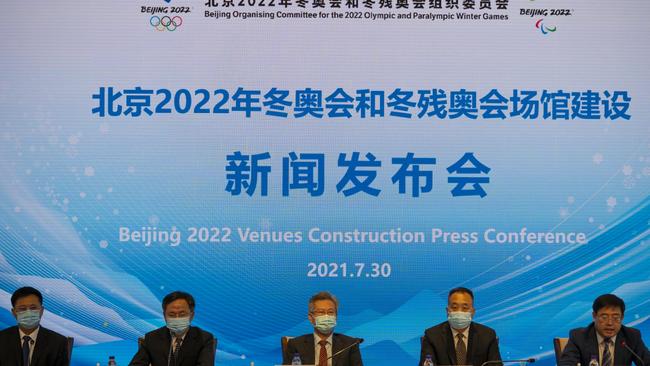
But China is huge and it is also the future, so certain accommodations must be made. For reality is a brutal business and the world is a complicated place. This is not just true for multinational corporations, it is your reality too. For you, too, are likely to be invested in China. Being the future, it is the place where greater returns may be found. Europe is old and decaying, China and the Far East is where fortunes wait to be made. Your happy retirement is likely to depend on this.
Somehow, any number of investment funds professing to abide by “environmental, social and governance” principles are still invested in Chinese companies and nearly 20 per cent of the value of Scottish Mortgage, Britain’s largest and best-known investment trust, is invested in China. Directly or not, your pension is likely to be partly Chinese. That should be something to make you think. It might even on occasion be something to prick your conscience.
Ethics used to be so much more easily found. Boycotting South African fruit never asked much of anyone, there being oranges and lemons aplenty elsewhere. The anti-apartheid movement was a virtuous thing, even if it sometimes expressed that virtue in ways more concerned with flattering the self-regard of the boycotters than exerting real pressure on an odious regime.
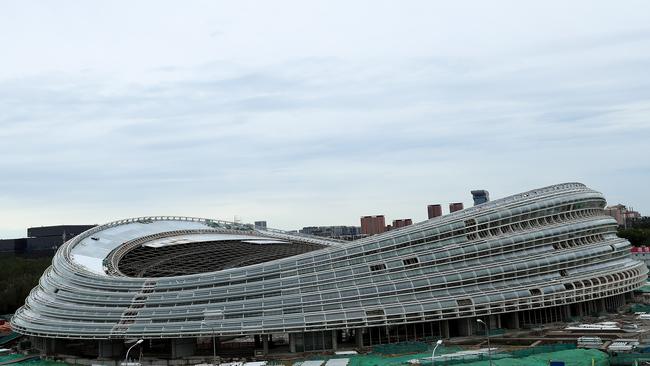
In like fashion, those who decline to purchase Israeli goods – and especially those emanating from the occupied West Bank – may do so without meaningfully reducing their consumer options. A moral stand, if you like, but also a comparatively easy one. Virtue that doesn’t come hard is, in the end, not much more than pound-shop virtue.
This may be one way of explaining why there is no meaningful movement agitating for us to judge China as severely as many once judged South Africa and some still judge Israel. There are other possible reasons too, not least of which may be that white South Africa and the Jewish state are each considered part of the western world and, consequently, subconsciously or not, held to a different, more elevated, standard than more alien or far distant cultures. Certain conclusions, most of them disagreeable, may be drawn from that.
In truth, the realities of global manufacturing and supply chains are such that divesting oneself from China entirely is all but impossible. Ignoring direct investments is nowhere near enough. Recusing oneself from China also means forgoing investment in firms such as Apple or Tesla, which are both heavily dependent upon the Chinese market for their profits and on China’s workforce for their products.
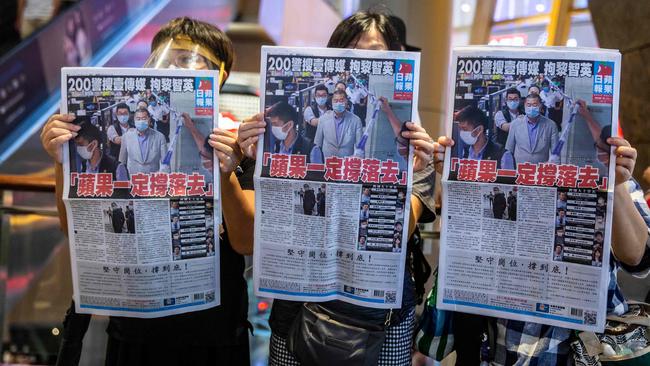
So we – or most of us, anyway – prefer to cross the road and walk on by. What’s happening to the Uighurs is terrible and what’s happening in Hong Kong not very much better but the enslavement of the Uighurs and the dismantling of Hong Kong democracy are not things we can afford to make our problem. It is easier, and safer, to be pusillanimous than brave.
Be that as it may, we may still at least insist upon certain stubborn truths. Chief of these is that no amount of gloss or trade can disguise the fundamental reality of the Beijing regime. It is a repressive regime but also, palpably, an expansionist one. China’s broken promises on Hong Kong are a warning and probably a promise, too. Beijing will decide what commitments it will honour, trusting that the outside world’s thirst for China’s cash and markets will leave minds concentrated on what is truly important. It may be depressing to think that China is almost certainly right about this but Vladimir Putin makes the same bet and in London, as in Berlin, it’s hard to argue his analysis of western priorities is incorrect.
In the end, this corrupts everything it touches. Consider the case of Jacinda Ardern. New Zealand’s prime minister is the liberal-left’s latest crush, elevated to a state of near saintliness by virtue of her empathy, her evident decency, her ability to project a certain idea of New Zealand, and of her form of liberalism, far beyond its shores. Justin Trudeau is yesterday’s man; this is Ardern’s moment.
And yet, on many large questions it is obvious that Ardern would rather pretend the question doesn’t exist than answer it. New Zealand is unwilling to endorse Five Eyes statements that criticise China, and the best Ardern can say is that differences between Auckland and Beijing are “becoming harder to reconcile”, not least on account of what is coyly termed the “human rights situation” in Xinjiang.
Ardern is hardly alone, for to one degree or another western consumers everywhere have profited from Chinese labour. Better, though, to accept that what is real is what is true than wish such moral quandaries away or dismiss them as a merely unfortunate cost of doing business. Reality is hard and if it doesn’t bruise your conscience, perhaps it is time it did.
The Times

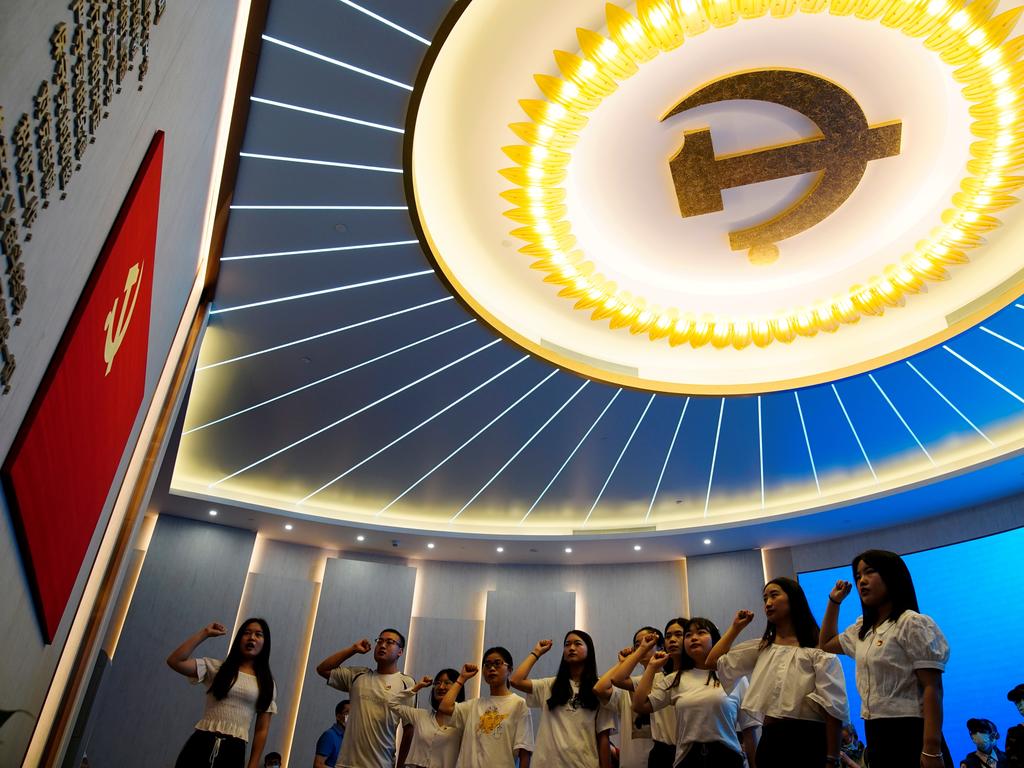
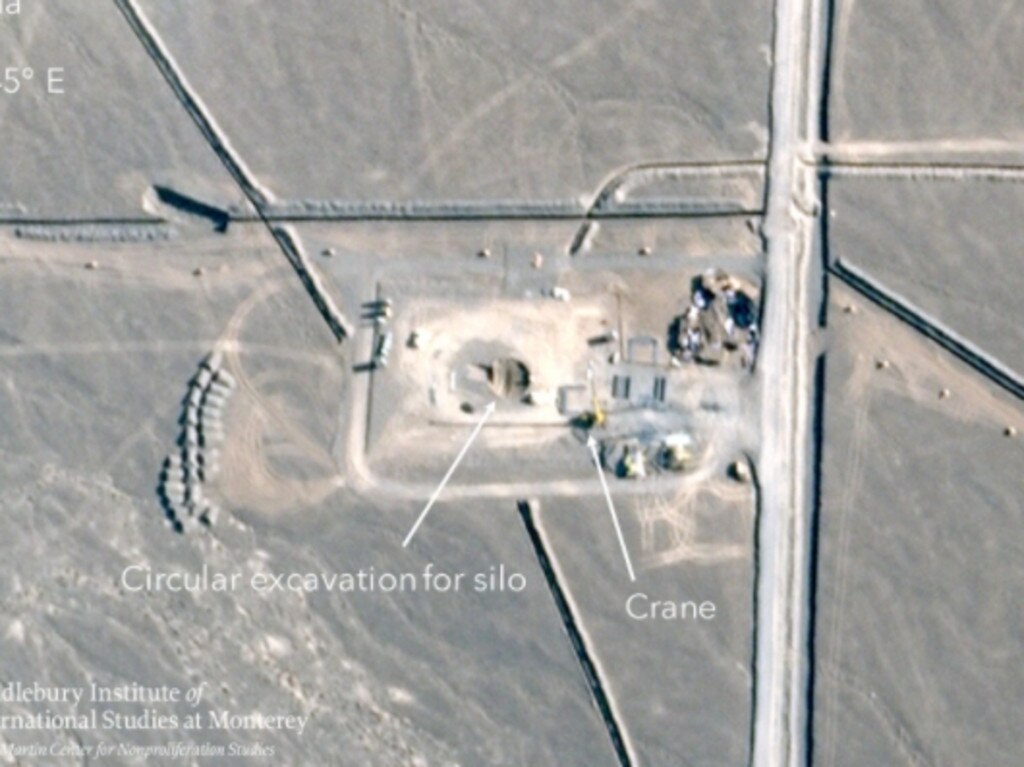




To join the conversation, please log in. Don't have an account? Register
Join the conversation, you are commenting as Logout